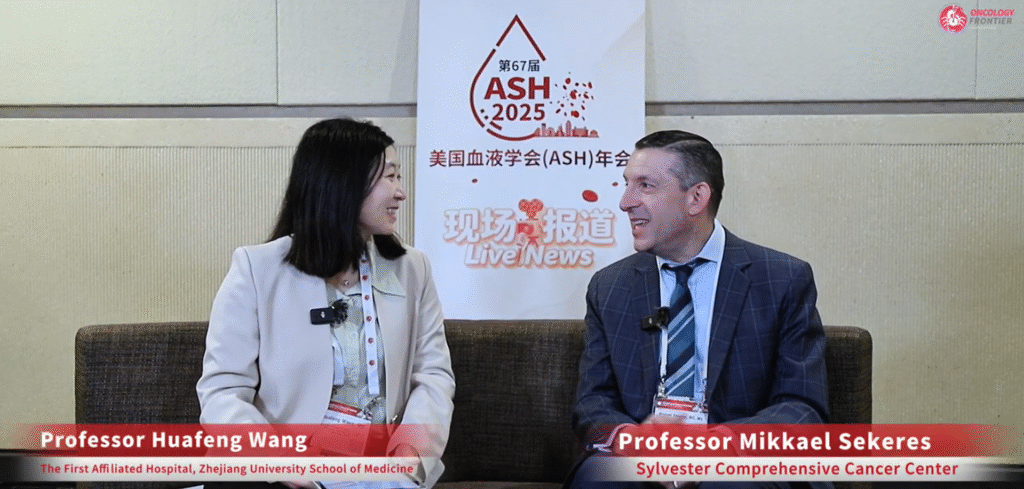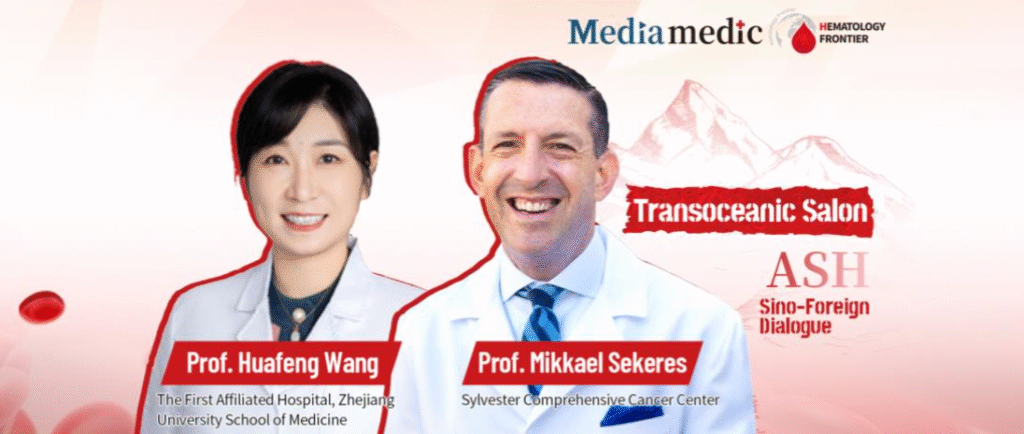From December 6–9, 2025, the 67th American Society of Hematology (ASH) Annual Meeting was held in Orlando. As the world’s most influential and comprehensive academic event in hematology, ASH annually gathers tens of thousands of experts to present breakthroughs spanning basic research to clinical innovation. This year, the team led by Professor Jia Wei of Tongji Hospital, Huazhong University of Science and Technology, had seven studies accepted—one oral presentation and six posters—covering CAR-T therapy, multi-omics analysis and immunotherapy. These studies collectively illustrate a full-spectrum innovation pipeline from mechanistic discovery to translational clinical application. Hematology Frontier summarizes the key findings below and presents Professor Wei’s commentary on their broader significance.









